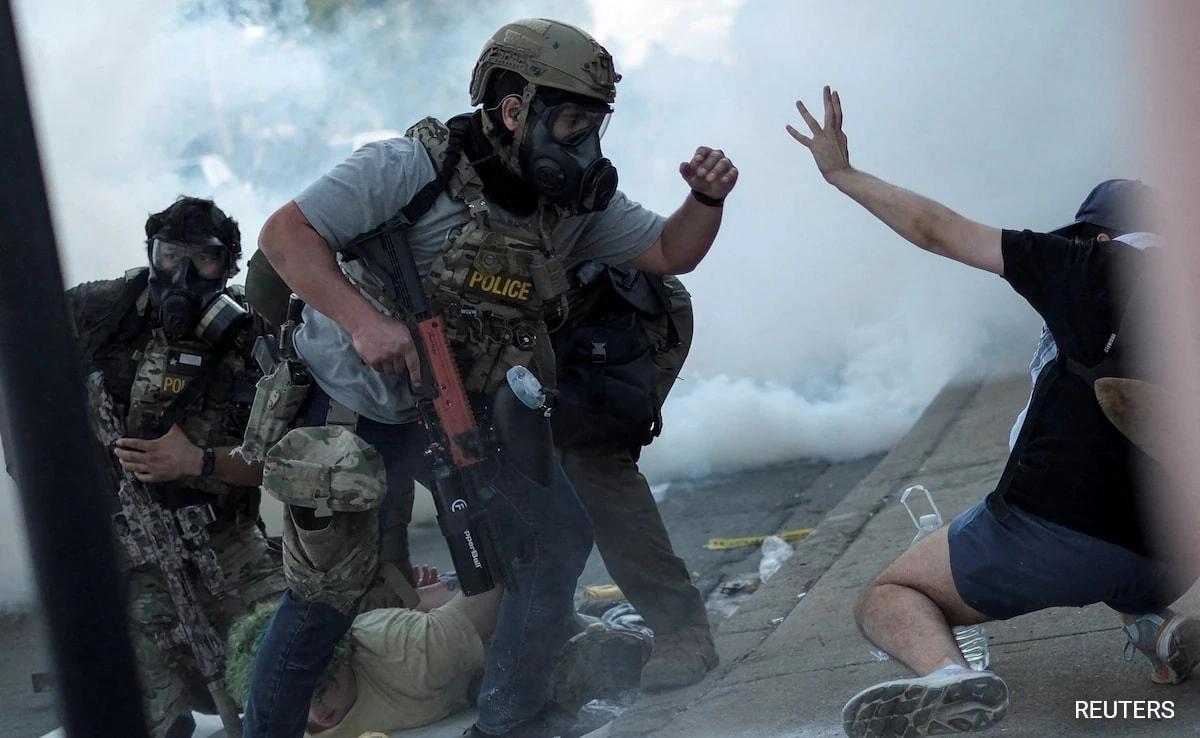In a dramatic escalation of tensions between federal and local authorities, the Trump administration has officially designated Chicago a “war zone” following the deployment of National Guard troops to the city. This controversial decision comes amid rising concerns over escalating violence and crime rates, particularly gun violence, that have plagued Chicago in recent years. The administration’s move is framed as a necessary response to protect citizens and restore order, but it has sparked widespread debate about the implications of militarizing urban areas and the role of federal intervention in local governance.
The deployment of soldiers to Chicago symbolizes a significant shift in the federal government’s approach to law enforcement and public safety. Advocates of the decision argue that the presence of National Guard troops will help curb the alarming spike in crime, providing much-needed support to local law enforcement agencies overwhelmed by the challenges they face. They contend that in a city grappling with high homicide rates and gang violence, federal assistance is essential to ensure the safety of residents and maintain public order.
However, critics of the administration’s declaration argue that labeling Chicago a “war zone” is not only inflammatory but also counterproductive. Many community leaders and civil rights advocates assert that such a militarized response can exacerbate tensions between law enforcement and residents, particularly in historically marginalized neighborhoods. They fear that the deployment of soldiers may lead to increased confrontations, further eroding trust between communities and the police. Additionally, concerns have been raised about the potential for civil liberties violations, as the presence of military personnel could lead to heightened surveillance and aggressive policing tactics.
The decision to deploy troops has also prompted discussions about the broader implications of federal intervention in urban areas, raising questions about local autonomy and the appropriate means of addressing crime and violence. Some argue that the focus should be on investing in community resources, social programs, and addressing the root causes of crime rather than relying on militarized responses. As the situation unfolds, the impact of this declaration on Chicago’s communities and the relationship between federal and local authorities will be closely watched, with many hoping for a resolution that prioritizes safety without compromising civil rights.




